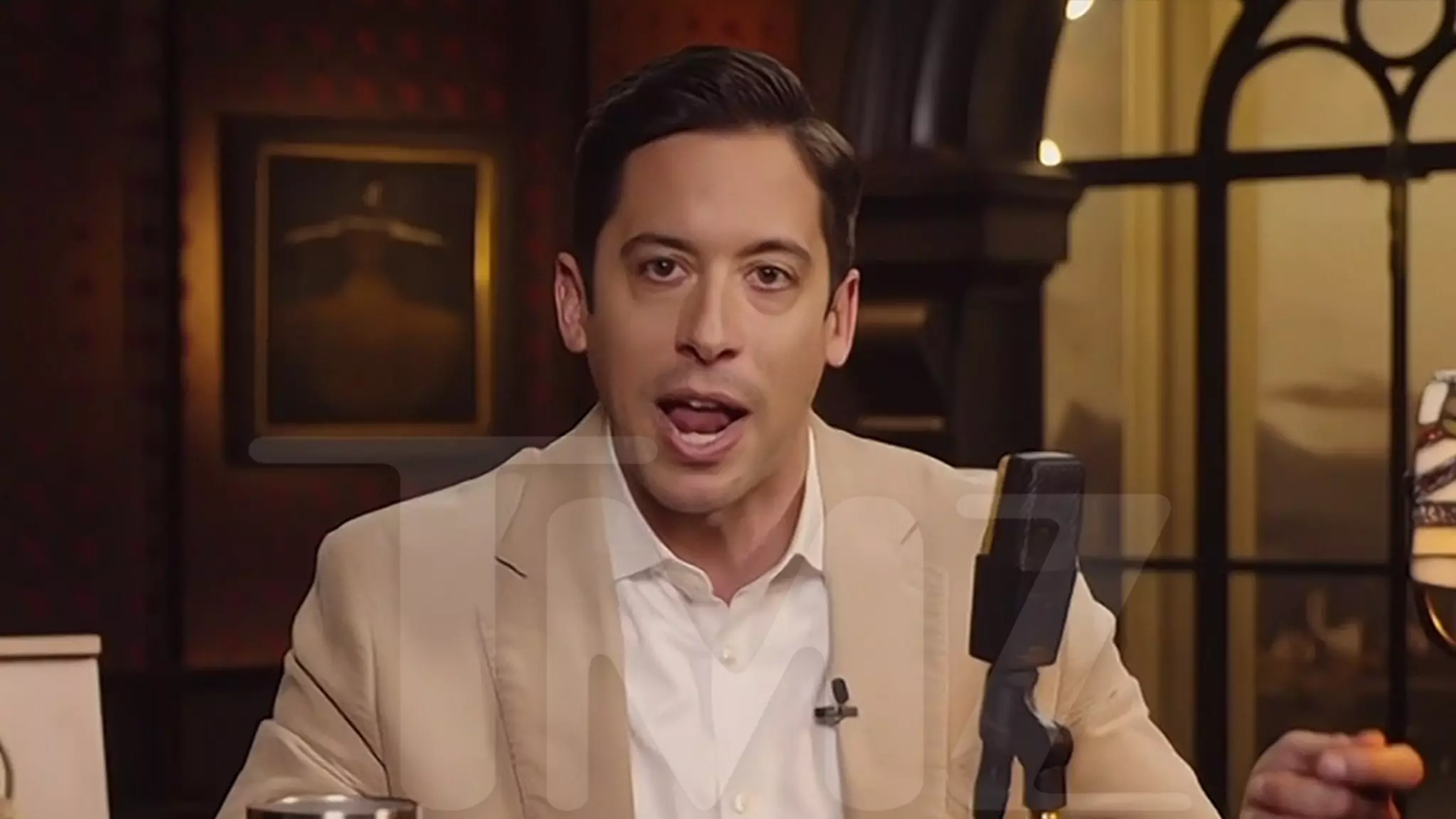When a foreign nation decides to bestow a lavish gift upon a head of state, it inevitably raises eyebrows and questions about ethics and legality. Recently, conservative commentator Michael Knowles appeared on “TMZ Live” to articulate his stance regarding Qatar’s gift of a $400 million Boeing 747-8 jumbo jet, intended for President Donald Trump’s use as Air Force One. While Knowles dismisses concerns of bribery, framing the gift as a generous and necessary replacement, one must dive deeper into the implications and ethical considerations surrounding such substantial gestures from foreign governments.
Contextualizing the Emoluments Clause
The Emoluments Clause of the U.S. Constitution is designed to prevent corruption by prohibiting American officials from accepting gifts from foreign states without Congressional approval. Critics of the Qatar deal argue that it not only skirts this crucial legal provision but also sets a disastrous precedent that invites foreign influence into the American political landscape. While Knowles makes light of the gift, suggesting it merely requires a paint job to make it fitting for its new role, the nuance of legality versus practicality must be taken seriously. Should Trump’s post-presidency ambitions include a private library display featuring this aircraft, the implications stretch far beyond aesthetic decisions.
Security Over Luxuries
Taking a step back, one must consider the logistical concerns associated with converting a commercial jet to a secure presidential aircraft. Yes, the current Air Force One may be nearing its ‘middle age’ at nearly 40 years, but it possesses state-of-the-art communication systems and advanced security protocols tailored for scenarios that extend well beyond typical transport. The debate is not merely about aesthetics or age; it encompasses the safety and security of the nation’s foremost leader. Can a shiny new addition to Trump’s entourage truly replace the trust and assurance existing systems afford?
The Comparisons and Contrasts
During the segment, Knowles attempted to draw parallels between Trump’s Qatar deal and the business dealings of Hunter Biden. This comparison elicits significant complexities; while both may involve familial names and foreign dealings, the context and ethical considerations differ immensely. Hunter Biden’s business entanglements conjure fears of nepotism affecting policy decisions. In contrast, the concern with the jet gift revolves around the legal ramifications of foreign influence over U.S. officials.
An Odd Kind of Generosity
Knowles may argue this gift presents a case of exceptional generosity, but one must ask: how often is such “generosity” genuinely devoid of political motives? The idea that this jet comes without strings attached may well be a comforting notion for some but lacks credibility when viewed through a skeptical political lens. Foreign governments often give gifts hoping to establish goodwill or influence policies favorable to their interests. Underestimating the implications of such gifts could have long-term ramifications for U.S. sovereignty.
In navigating the complexities surrounding governmental gifts, it becomes unclear whether Knowles’ casual dismissal of the controversy around Qatar’s gift serves public discourse or undermines the essential checks and balances that safeguard against corruption in American politics.

